On June 21, 2025, the Kyoto Food and Drug Law Research Center, in collaboration with the Criminal Law Committee of the Huludao City Bar Association and Liaoning Guangzhao Law Firm, successfully hosted a symposium on challenging issues in defense against environmental, food, drug, and intellectual property crimes in Huludao. Over 120 participants, including leaders from the Huludao Bar Association and directors and lawyers from law firms across the country, attended the symposium in person, while over 3,000 others participated online via live streaming and interaction.
The symposium focused on the theme of “Challenges in Defending Environmental, Food, Drug, and Intellectual Property Crimes,” aiming to promote the exchange of experiences, foster intellectual dialogue, identify issues, and reach consensus. These efforts are intended to further advance the improvement of relevant legal systems, promote source governance and the rule of law, and establish a governance framework characterized by sound laws and effective governance.
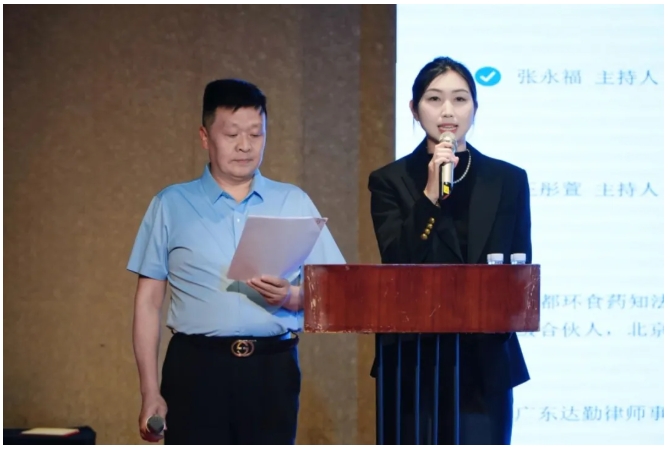
The seminar was co-hosted by Zhang Yongfu, deputy director of the King&Capital Food and Drug Law Research Center and senior partner at King&Capital, and Wang Tongxuan, executive director of Guangdong Daqin Law Firm.
I. Seminar Opening Remarks
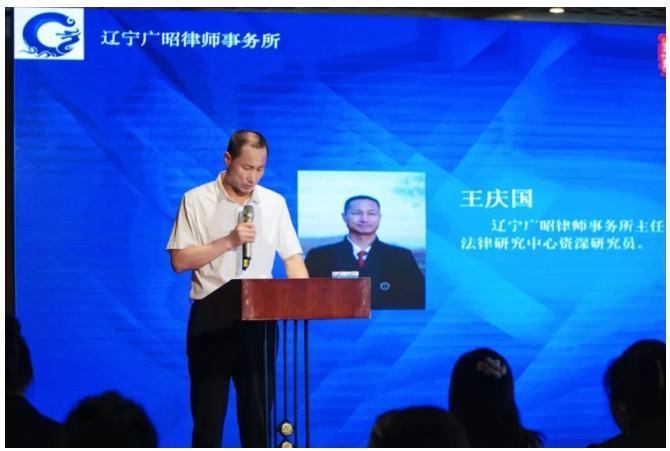
Wang Qingguo, Director of Liaoning Guangzhao Law Firm and Senior Researcher at the King&Capital Food and Drug Law Research Center, delivered the opening remarks. Director Wang welcomed the guests and introduced his career, which began as a front-line police officer in the field of environmental food and drug safety and transitioned to a professional lawyer in the same field. Although his identity has changed, his love and passion for the field of environmental food and drug safety remains unchanged.
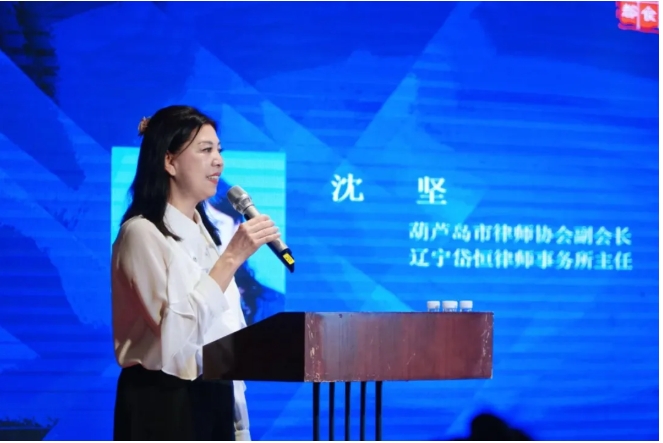
Shen Jian, Vice President of the Huludao City Bar Association and Director of Liaoning Daiheng Law Firm, welcomed guests from across the country to Huludao for the symposium. She provided an overview of the legal profession in Huludao and extended her best wishes for the successful conclusion of the conference.
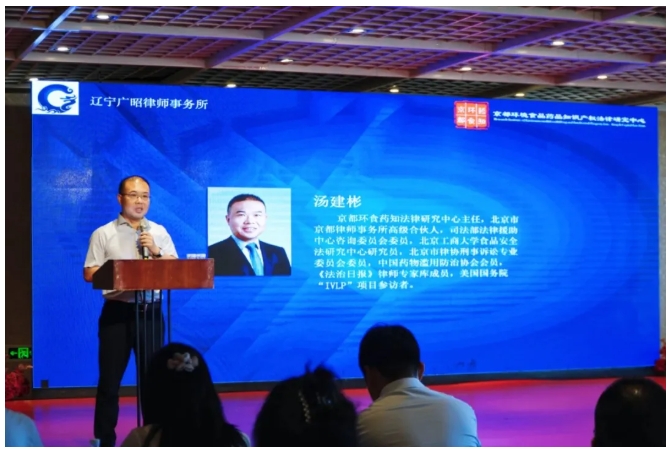
In his speech, Tang Jianbin, director of the King&Capital Food and Drug Law Research Center and senior partner at King&Capital, gave a brief introduction to the center and explained the center's plans to work with a team of researchers to write three new books: *Administrative and Criminal Legal Risk Prevention for Food Enterprises*, *Administrative, Criminal, and Civil Legal Risk Prevention for Pharmaceutical Enterprises*, and *Analysis of Typical Cases of Intellectual Property Crimes and Defense Strategies*. He sincerely invited professionals from across the country with an interest in the field of environmental, food, pharmaceutical, and intellectual property law to join the center and collaborate on its development.
II. Researcher Appointment Ceremony
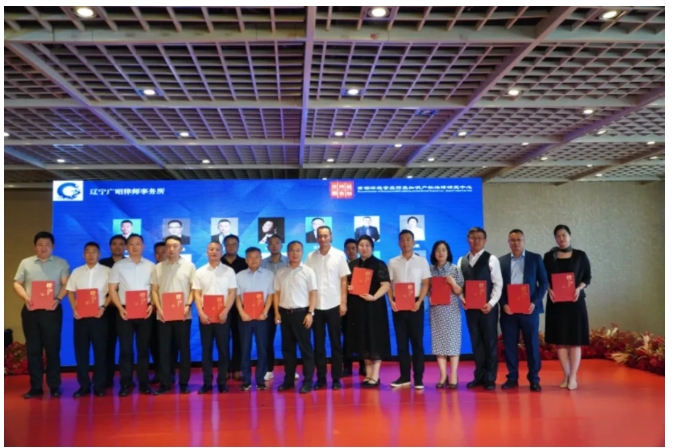
Zhang Sijia, deputy director and secretary-general of the King&Capital Food and Drug Law Research Center, introduced the more than 40 newly selected researchers (13 of whom attended the event), and Center Director Tang Jianbin, Deputy Directors Wang Zhiqiang, Yan Huainan, and Lv Yan, and senior researchers Wang Qingguo and Bao Hongyang presented appointment letters to the newly selected researchers who attended the event.
III. Seminar Sharing Session
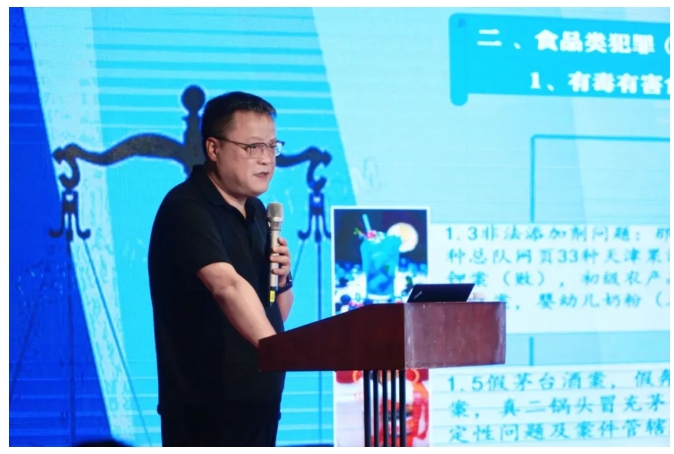
The first speaker was Bao Hongyang, Director of the Legal Affairs Division of the Food, Drug, and Environmental Crime Investigation Brigade of the Benxi Municipal Public Security Bureau in Liaoning Province and Senior Researcher at the Center. His presentation, titled “Analysis of Key Points in the Investigation and Defense of Environmental, Food, Drug, and Intellectual Property Crimes,” provided an in-depth yet accessible analysis of the characteristics of crimes in the environmental, food, drug, and intellectual property fields from the perspective of frontline law enforcement, and explained the key points of certain criminal charges.
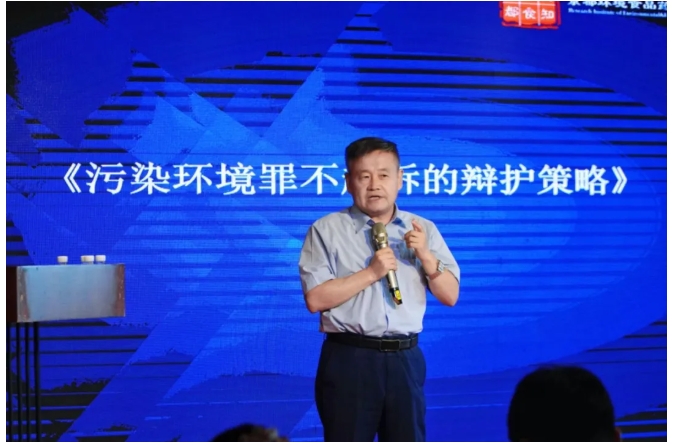
Zhao Gang, Senior Partner and Equity Partner at Guangdong Zhiheng (Jinan) Law Firm, shared defense strategies for cases involving environmental pollution crimes where prosecution is not pursued, proposing new approaches and methods for exonerating defendants in such cases.
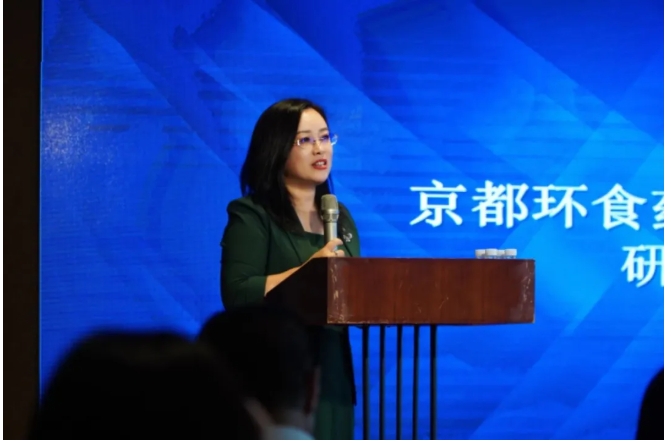
Zhang Sijia, deputy director and secretary-general of the King&Capital Food and Drug Law Research Center, shared her thoughts on “Criminal Integration for Effective Defense in Environmental, Food, and Drug Crimes.” She began by discussing substantive criminal law, arguing that it is necessary to accurately grasp the boundaries between crime and non-crime, and between illegal acts and criminal acts, in order to effectively promote the implementation of the concept of restraint in criminal law and help form a tiered governance system for administrative violations and criminal justice.
At the same time, she emphasized the importance of comprehensively evaluating the social harmfulness of an act, daring to and being skilled at utilizing the “but” clause of Article 13 of the Criminal Law as a starting point for criminal defense, and focusing on the determination of prior illegality.
Regarding the judicial determination of administrative offenses, she argued that, from the perspective of the principle of the unity of the legal order, the premise should be that the act violates relevant administrative laws and regulations, with a focus on the substantive evaluation of illegality.
In terms of criminal procedural law, she mentioned the need to adhere to the principle of evidence-based adjudication, strengthen defenses related to the admissibility and probative value of evidence, emphasize the review of relevance, and actively apply the expert witness testimony system, among other measures.
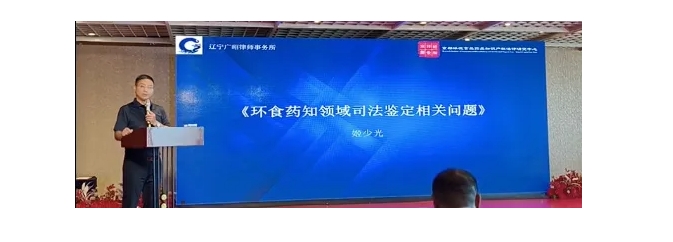
Ji Shaoguang, Senior Partner at Beijing Huixiang Law Firm, shared insights on judicial appraisal issues in the environmental, food, drug, and intellectual property sectors. He emphasized that focusing on common issues in such cases and achieving precise targeting is the key to unlocking the entire case.

Fu Yongqing, Senior Partner at Hunan Jinzhou Law Firm, shared insights on criminal considerations for bulk litigation in the environmental, food, drug, and intellectual property sectors. He focused on areas of public concern and discussed how to adopt effective and legally valid approaches in the context of growing demands for rights protection in these sectors.

Song Zhenzhen, Executive Director of Henan Ju Fa Law Firm, shared insights on the grounds for acquittal in cases of illegal mining under the new Mineral Resources Law. She highlighted changes and key points under the revised law, and combined these with the charges to identify new grounds and methods for acquittal.

Zhai Lipeng, a lawyer at Beijing Kangda Law Firm, shared insights on the identification of “toxic and harmful non-food ingredients” in the crime of “producing and selling toxic and harmful food.” He provided a technical explanation of the crime, identified issues, and offered strategies for exoneration.

Wang Zhiqiang, deputy director of the King&Capital Food and Drug Law Research Center, shared the underlying logic and external approaches to defending intellectual property crimes. Against the backdrop of the new judicial interpretation of intellectual property crimes, he discussed common and unique issues in relation to specific crimes and proposed ideas for defense.

Yan Huainan, deputy director of the King&Capital Food and Drug Law Research Center, shared his insights on the determination of “amount of illegal gains” and “amount of illegal business operations” in the new judicial interpretation of intellectual property criminal cases. illegal business operations" in the new judicial interpretations for handling intellectual property criminal cases. He focused on common issues within this field, which are also contentious points in practical case handling, and proposed solutions.

Liu Yancui, a lawyer from Shanghai Jinglin (Taiyuan) Law Firm, shared an analysis of the evolution of the meaning of the “reproduction and distribution” behavior in copyright infringement crimes, clarifying the historical origins of the criminal behavior in the charges, and ensuring precise analysis during defense.

Finally, Tian Yongwei, Vice President of the Inner Mongolia Lawyers Association, President of the Chifeng Lawyers Association, and Director of Inner Mongolia Mengyi Law Firm, delivered a summary speech at the seminar, providing insightful comments on the views shared by the speakers.
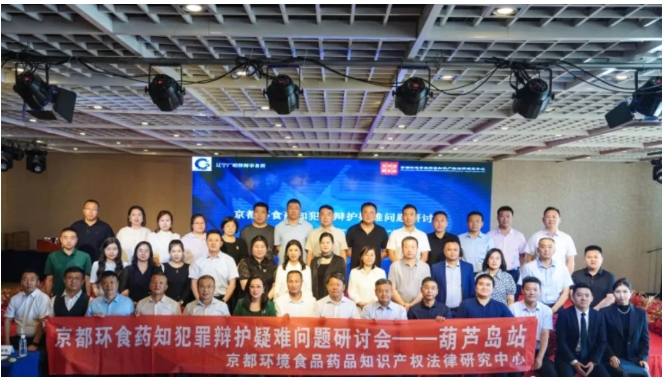
The successful holding of this seminar provides important references for the identification of environmental, food, pharmaceutical, and intellectual property crimes, as well as for the implementation of multi-stakeholder governance in judicial practice.





